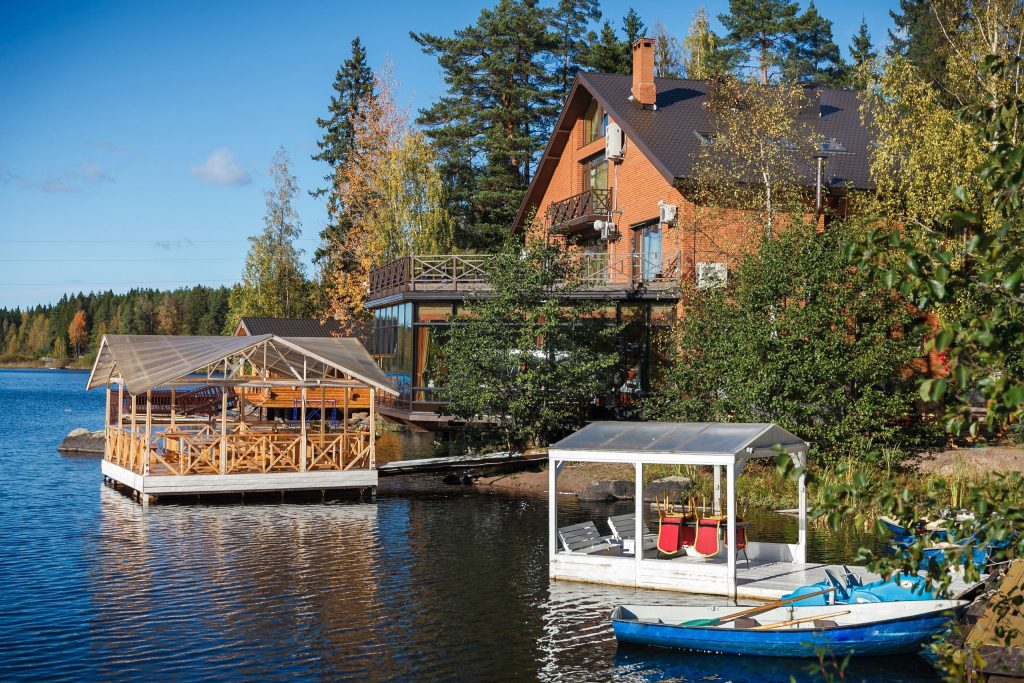There are several differences between a second home vs. an investment property. When you buy a house and apply for a mortgage, the mortgage company will evaluate whether the property is classified as a primary residence, second home, or investment property. The mortgage terms and requirements may vary depending on the classified subject property.
What is a Second Home?
A second home is a property purA second home is a property purchased with the intention of living in it for part of the year. A second home may be referred to as a vacation home or a pied-a-terre. There has been a recent spike in second home purchases due to the rise in remote working.
What is an Investment Property?
An investment property is purchased to rent it out to generate and collect rental income from tenants. It is common for people to purchase investment properties near their primary residences for easier maintenance and management purposes. A property may be deemed an investment if it is bought and rented out or flipped and sold for a profit.
How do Mortgage Requirements Differ for a Second Home vs. Investment Property?
The following outlines how the mortgage requirements and guidelines may vary when purchasing a second home or investment property.
- Occupancy requirements
Borrowers must intend to occupy the property for pleasure, whether it be for three months or nine months, to qualify as a second home. A second home cannot be rented out or used as a timeshare. On the other hand, a property is considered an investment property if it is owned but not occupied by the borrower.
- Location requirements
Typically, the mortgage company will require the second home to be located at least 50 miles away from your primary residence, whereas an investment property must be located within 50 miles of your primary residence.
- Down payment requirements
In general, the down payment requirements for second homes and investment properties are higher than that of a primary residence. However, you may be required to have a larger down payment for an investment property than a second home because investment properties are deemed riskier than second homes. After all, the borrower may rely on tenants’ income to help cover the mortgage payments rather than their personal income. However, the required down payment may vary based on the mortgage lender’s estimated risk, but typically it is 20% of the purchase price.
- Credit requirements
Having a good credit score is especially important when applying for these types of mortgages. The mortgage lender will want to see that you have a lower debt-to-income ratio and have successfully managed past debts to prove you to be a reliable and responsible borrower. When qualifying for an investment property, you may be able to use projected rental income in your debt-to-income calculation.
What are the Mortgage Rates for a Second Home vs. Investment Property?
Mortgage rates for second homes and investment properties may be slightly higher than those for primary residences, as lending on these properties is deemed a little riskier. However, mortgage rates are still at all-time lows. But, rates fluctuate daily, so contact us to learn more about today’s rates.
Which Property Type is Right for You?
The best way to classify whether a second home or investment property is right for you is to determine how you intend to occupy the property. Are you looking for a vacation home, or are you looking to earn passive rental income? It is best for both second homes and investment properties to create a wants and needs list and familiarize yourself with our house hunting tips to help you narrow down your search.
From there, you can get in touch with one of our mortgage specialists to determine which financing solution is right for you.

